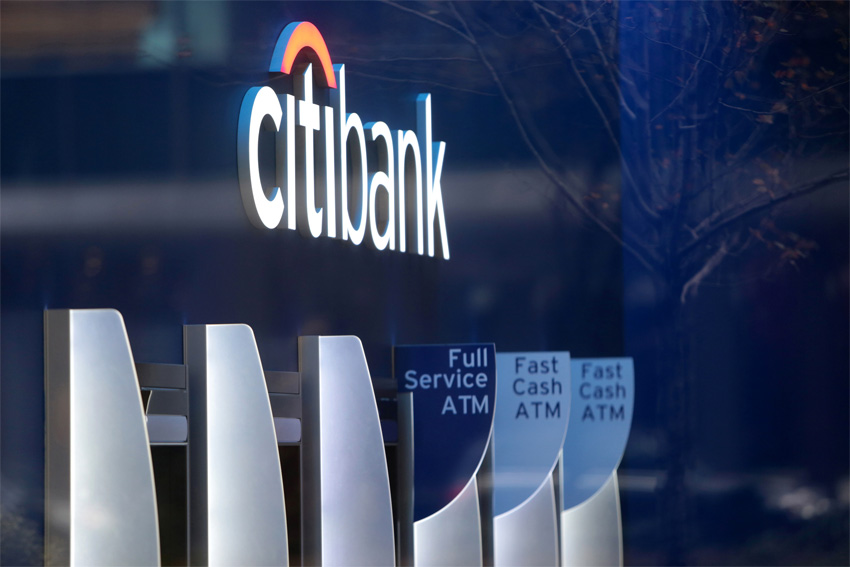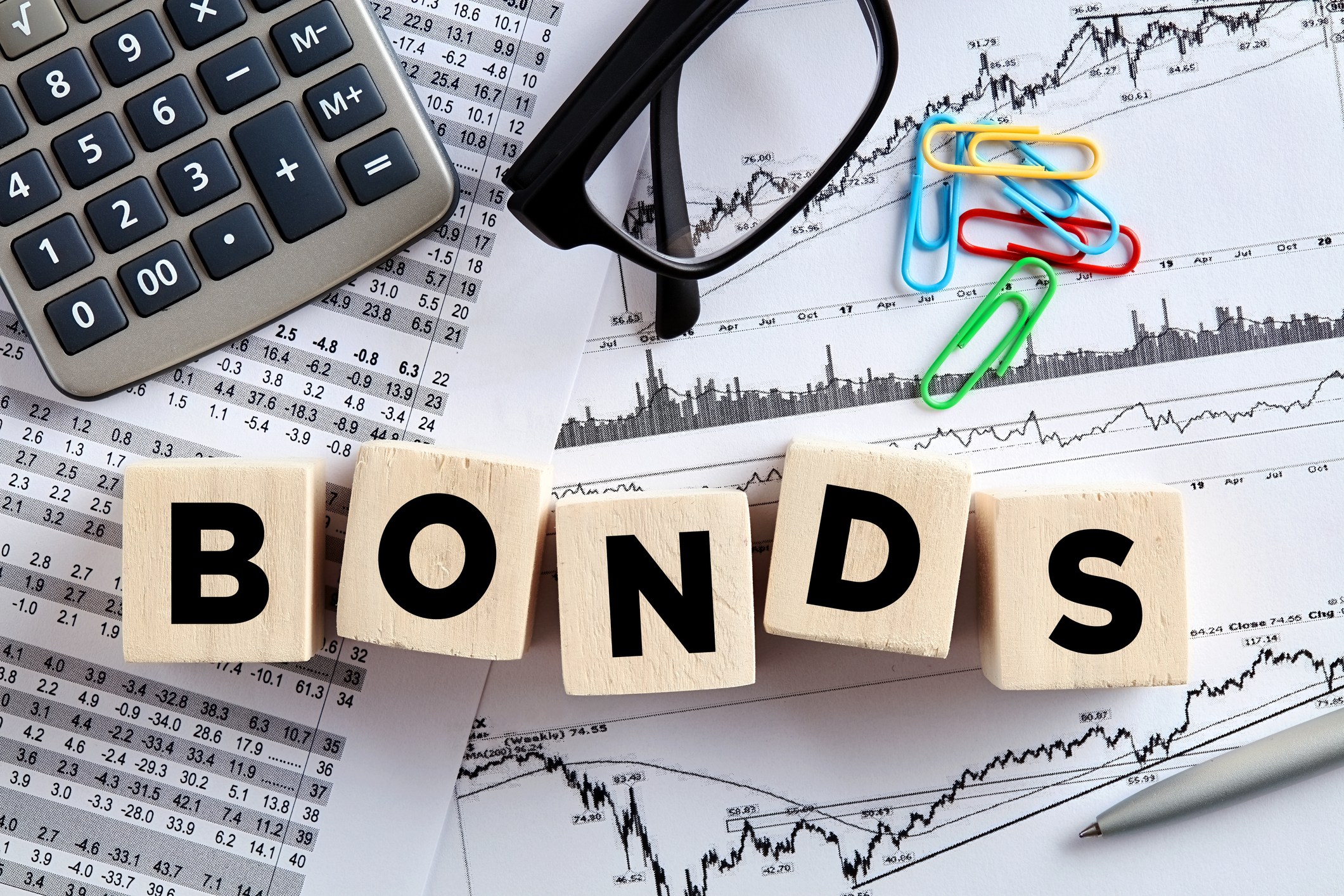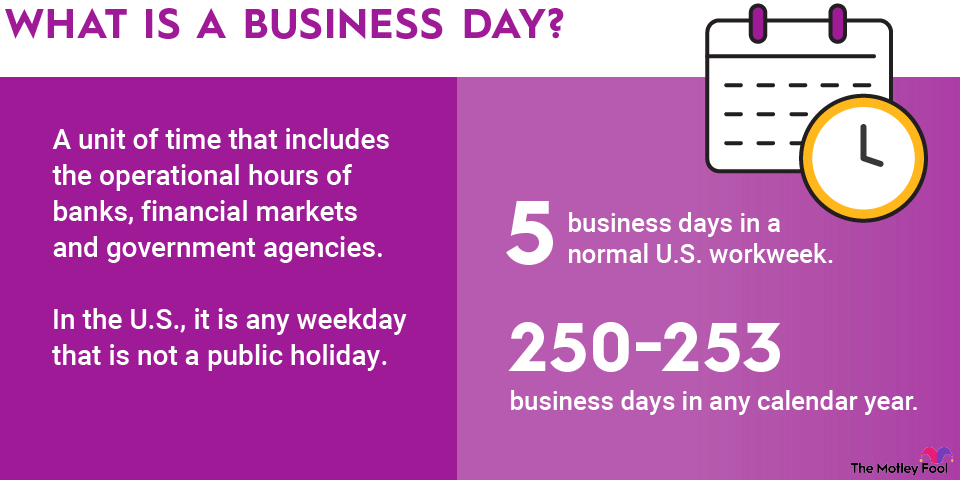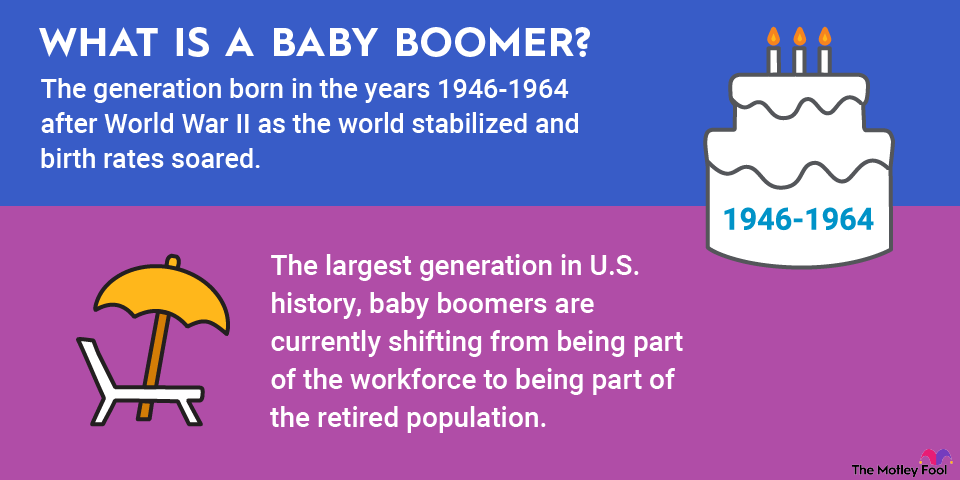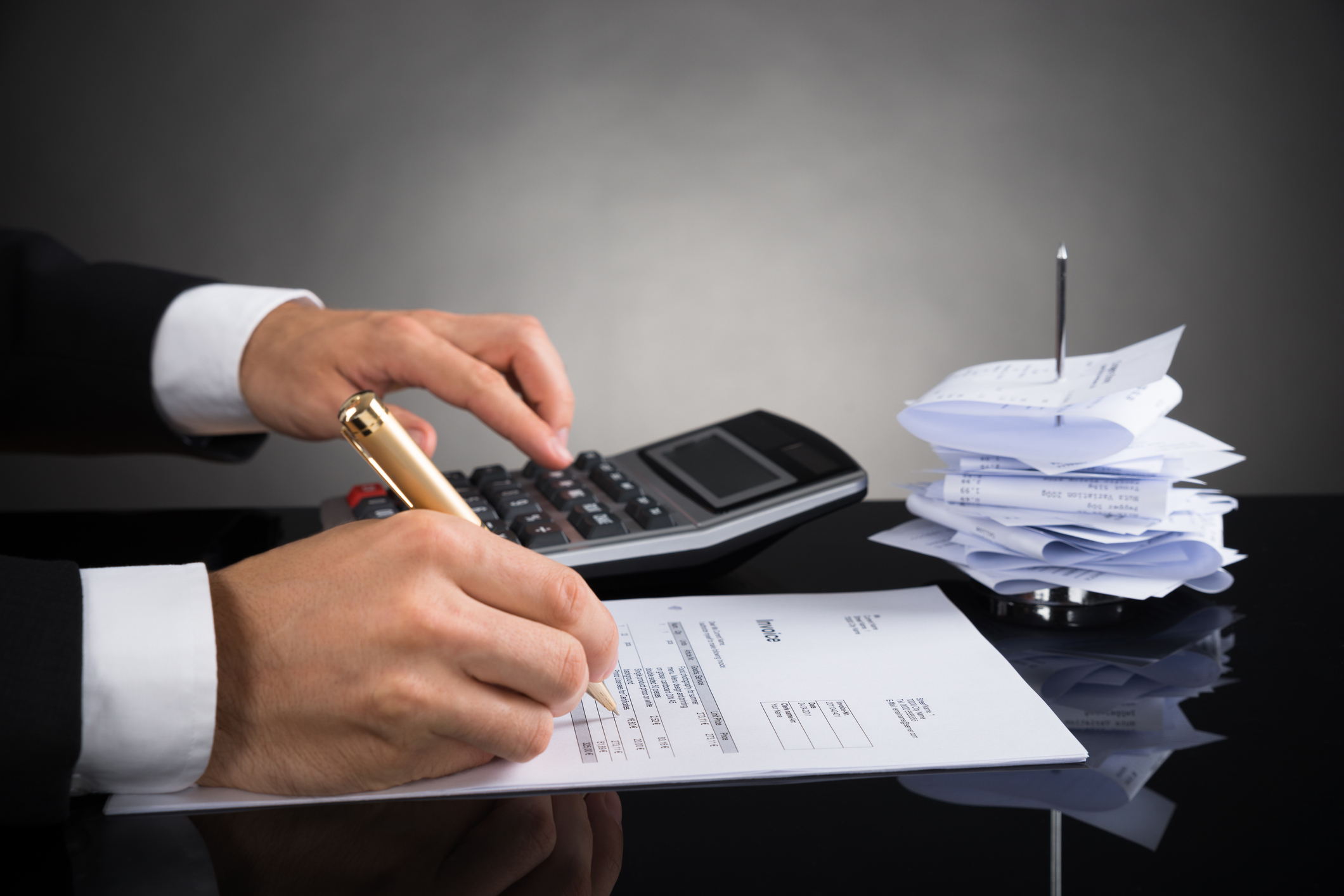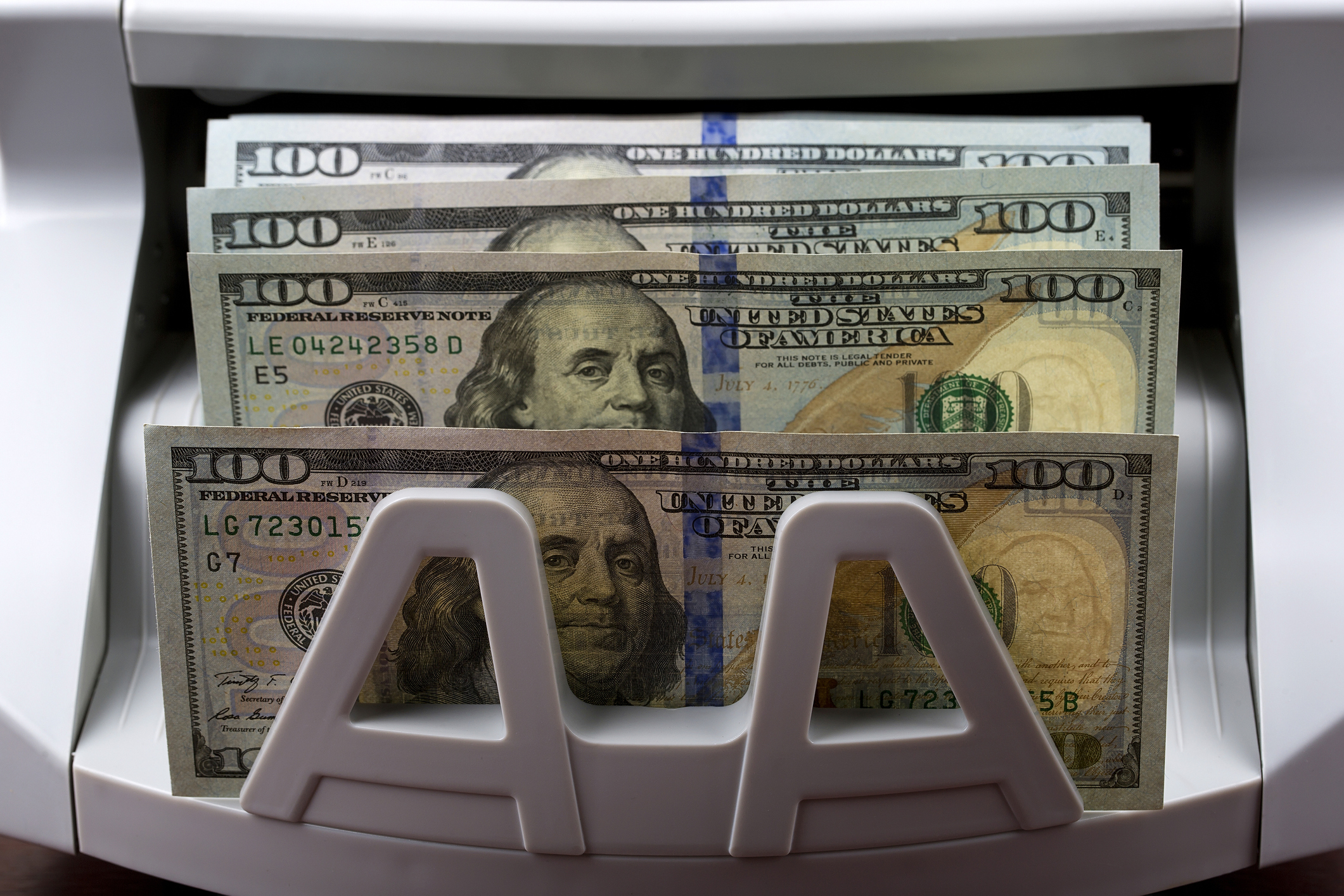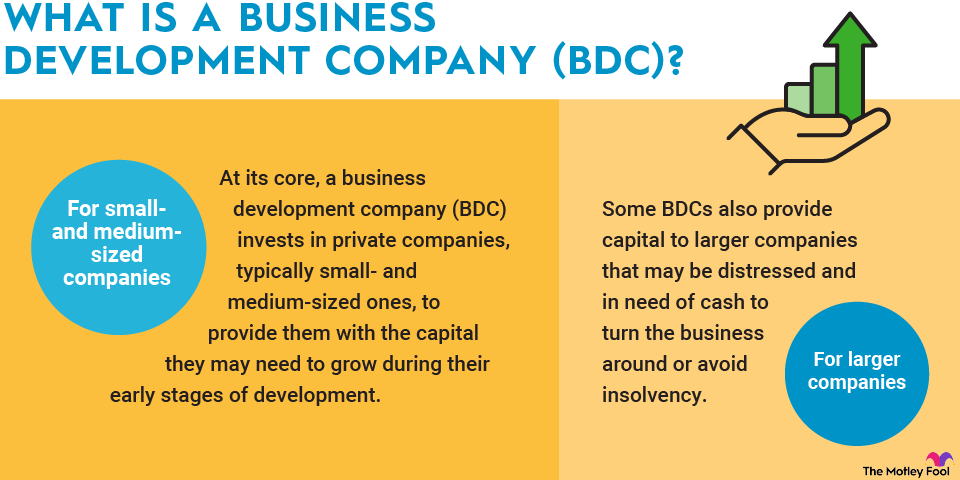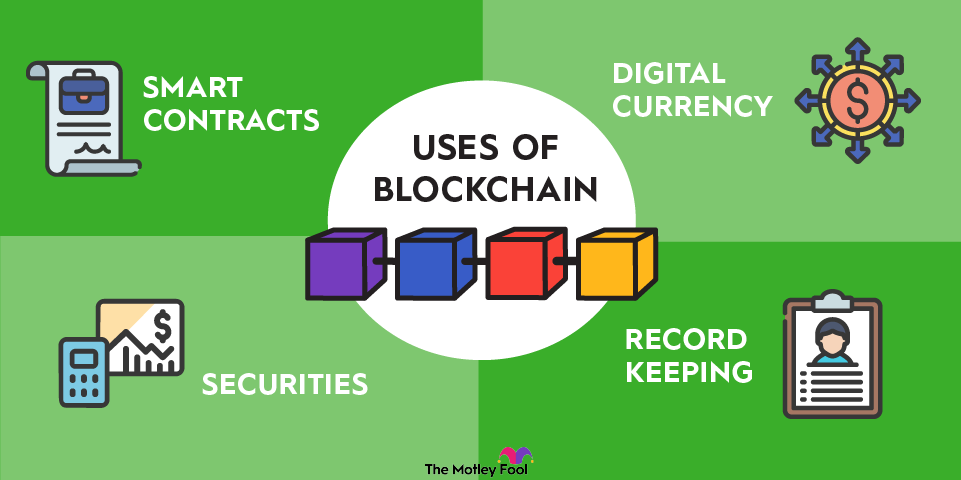A budget estimates the money you plan to make and spend over a certain time. Any person or organization that has income and expenses can -- or should -- have a budget.
Read on for the must-know details on budgets and how to create one for home or for work.
Understanding budgets
Budgets list and quantify income sources and expenses expected during a defined time. The time can be weekly, monthly, quarterly, or annually -- whatever makes sense for the situation. As an example, household budgets can be monthly to align with expenses like rent and utilities.

Budgets are essential tools for financial planning. At the most basic level, a budget shows whether income is sufficient to cover expenses. That's important because the relationship between income and expenses essentially determines your financial outlook. If you spend more than you make, your debt balances rise and/or your savings balances fall. If you make more than you spend, the opposite is true. You can pay down debt, build savings, and invest to generate more wealth.
How to build a budget
Whether you are budgeting for your household or your job, the basic process is the same:
- Define the time period. As noted, home budgets typically cover one month. You could also create a biweekly home budget if you get paid every two weeks. Work budgets are usually done by month, quarter, or year.
- List and total expected revenue. Your household revenue is straightforward. It includes your paycheck, possibly a spouse's paycheck, and any side-hustle income.
At work, the revenue is less clear. If you're making a budget for the whole company, the revenue is the expected sales. More likely, though, you are budgeting for a department. In that case, you may not have traditional revenue. If you have a cap on what you're authorized to spend for the budgeting period, use that instead of revenue so you can allocate your expenses so they don't exceed that amount. - List and total expected expenses. Review bank statements or previous spending to capture the full list of expenses.
- Adjust as needed. If expenses total more than income, adjustments are needed. Technically, you can balance a budget by increasing income or reducing expenses. Trimming expenses is usually the faster and more realistic solution, whether you're budgeting for home or work.
- Define a process for tracking actual income and expenses against expected values. The hard work starts when you're done making the budget. That's when you must commit to the spending limits you've defined. Ideally, you'd track your expenses against the budget as they happen -- or at least within a few days.
Budgeting tips and tricks
Successful home budgeting skills empower you to reach any financial goal you set. Likewise, being able to set and follow a budget at work positions you for promotion and broader responsibilities.
Use the strategies below to minimize common budgeting pitfalls.
Account for the unexpected
A good budget accounts for surprise expenses. In a home budget, it's smart to allocate a monthly deposit to an emergency fund. You can then use the cash in that fund to cover unexpected outlays. At work, you can use a contingency line item to allocate funds for some future, unnamed purpose.
Allocate every penny
Even if your revenue is higher expenses, allocate all extra income to debt paydown, emergency fund deposits, or investing. This allows you to make longer-range financial plans, such as projecting when you'll be debt-free.
Separate retirement contributions and healthcare expenses
For home budgets, it is helpful to itemize expenses that are deducted from your paycheck. Retirement contributions and healthcare expenses are the big ones. When you know what you're spending on these, you can make better decisions about changing jobs. You can also project your retirement savings more accurately.
To do this, you'd adjust your revenue by adding those items back to your net pay. Then, you'd create expense lines for them.
Prioritize expenses
Consider prioritizing your expenses in terms of "must have" and "nice to have." Doing so will make it easier to determine where to cut if your budget doesn't balance.
Remember the reasons
Tracking and adjusting your spending to fit your budget can be tedious. Stay the course with a goal that keeps you motivated. Maybe you want to pay down debt, retire early, or get the manager role at work. Whatever the goal is, write it down and keep it close at hand.
Related investing topics
The 50/20/30 budget
The 50/20/30 budget is a home budgeting framework that allocates funds for necessary and discretionary expenses, plus savings and debt paydown as follows:
- 50% of your income goes to necessary expenses like rent, utilities, and food.
- 20% of your income goes to savings, including retirement contributions and debt paydown.
- 30% of your income goes to discretionary spending.
This system is popular because it provides for healthy spending on discretionary items like streaming services, dining out, and vacations. The theory is that it's far easier to stick to a budget that allows you to have some fun.
The downside is that the 50/20/30 framework is tough to implement if your necessary expenses are already more than 50% of your income. In that scenario, you'd have to set a longer-term plan to cut back. The plan might involve moving to a smaller place, getting a raise, or both.
There's good news here, though. If you know the percentage of your income that goes to necessary expenses, you're already using good budgeting skills. Expand on that by working out a full budget that gets you one step closer to your financial goals. Commit to that process, and there's no stopping you from greater financial security going forward.

